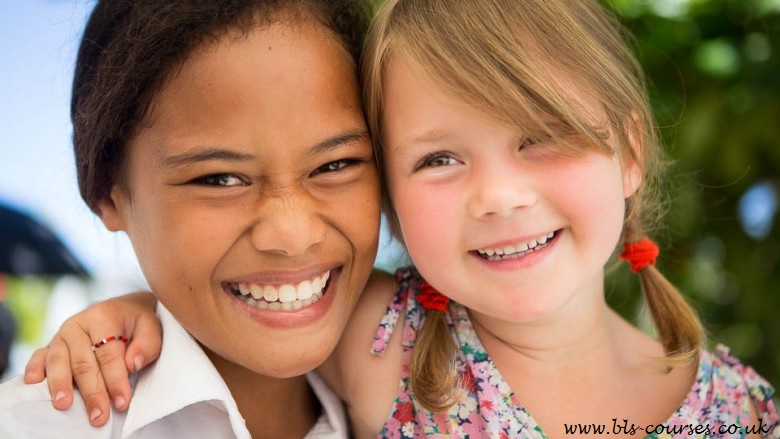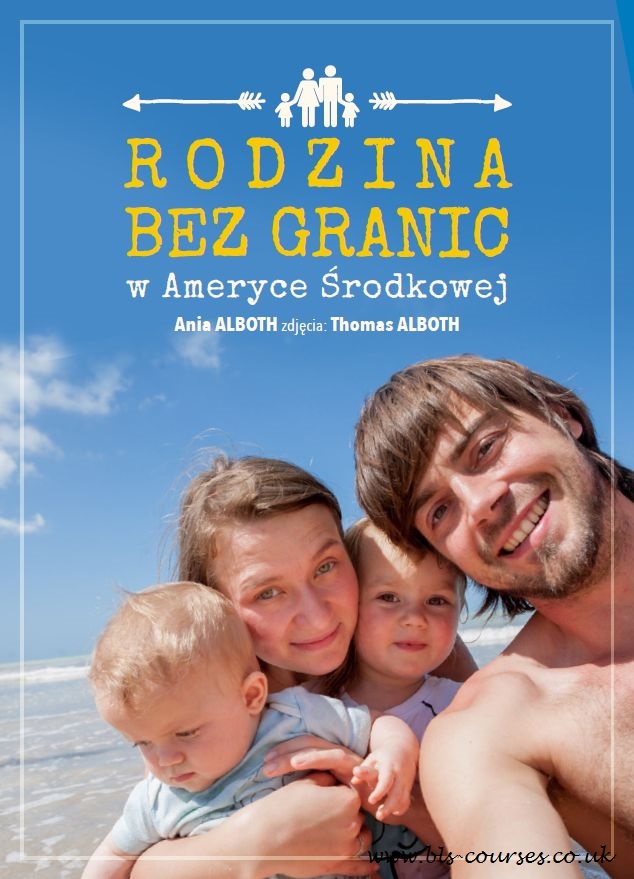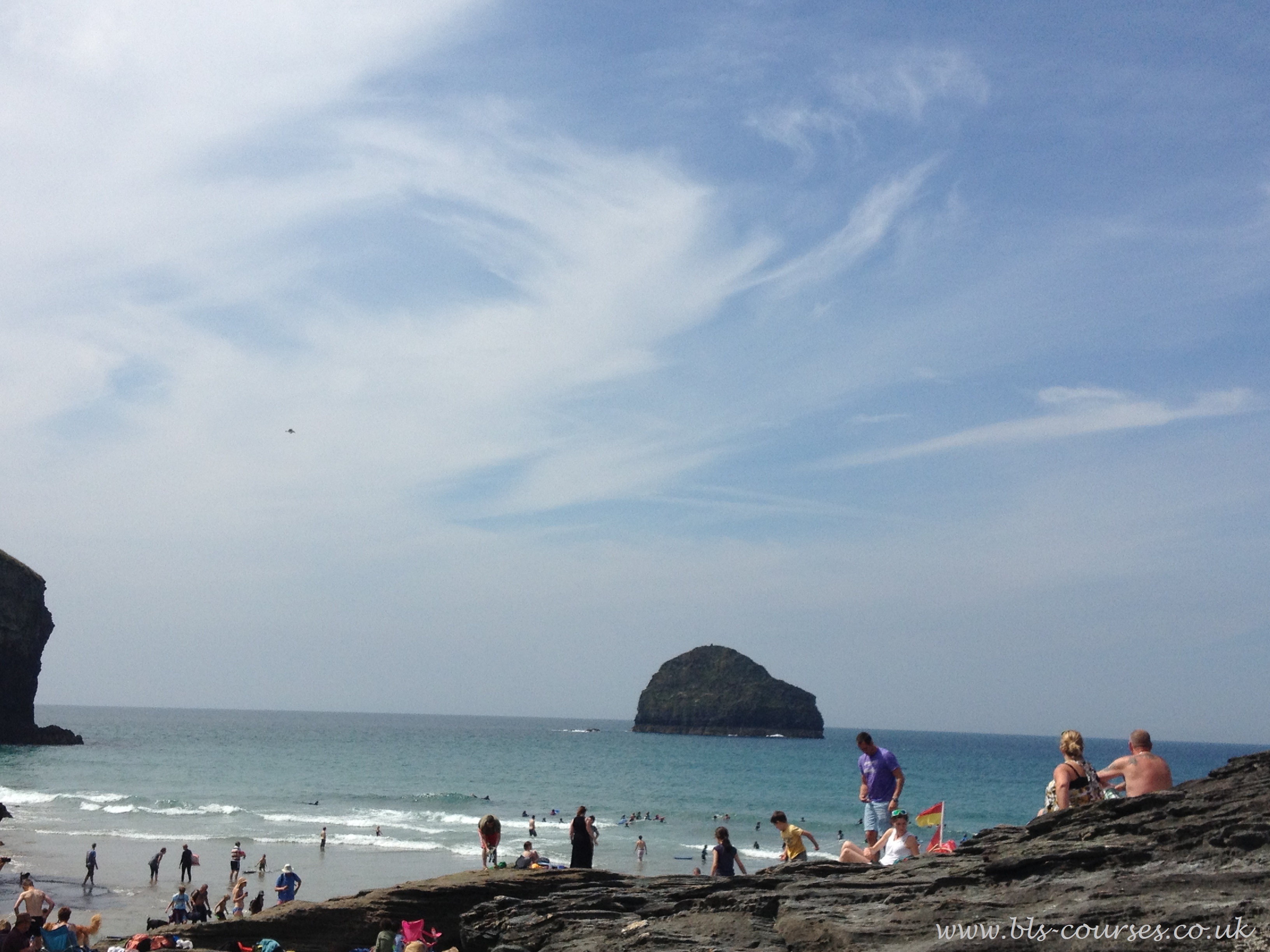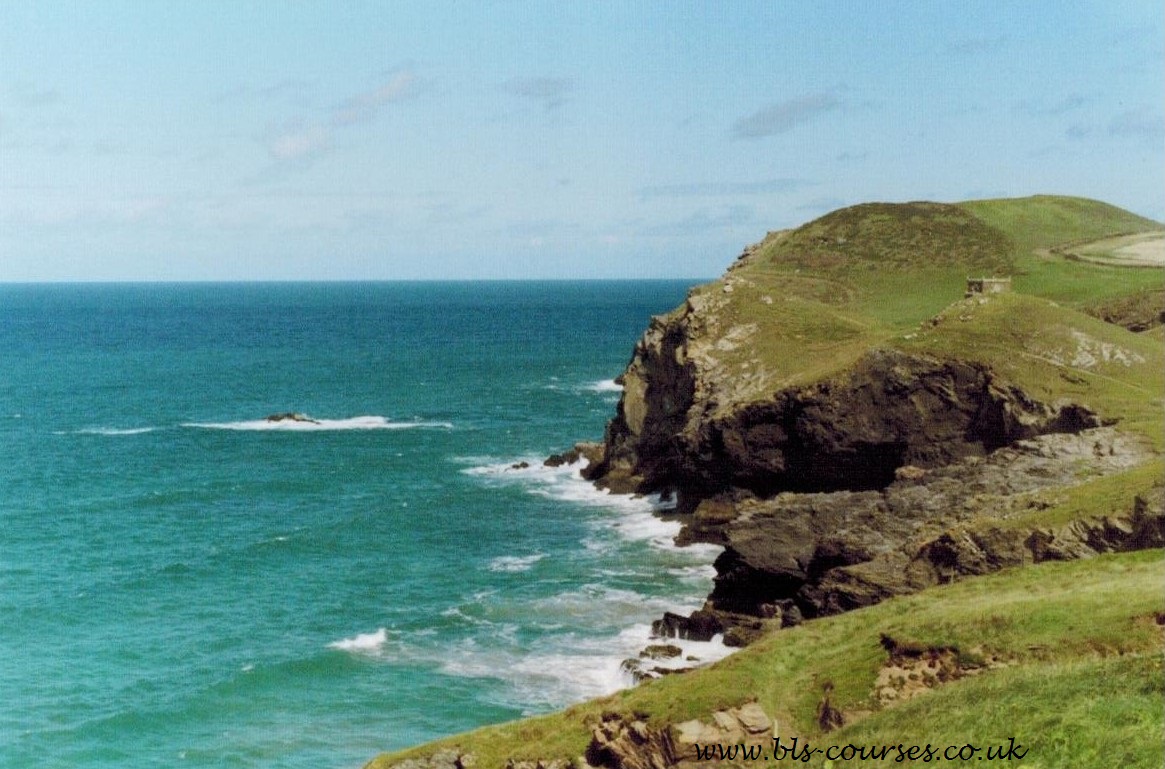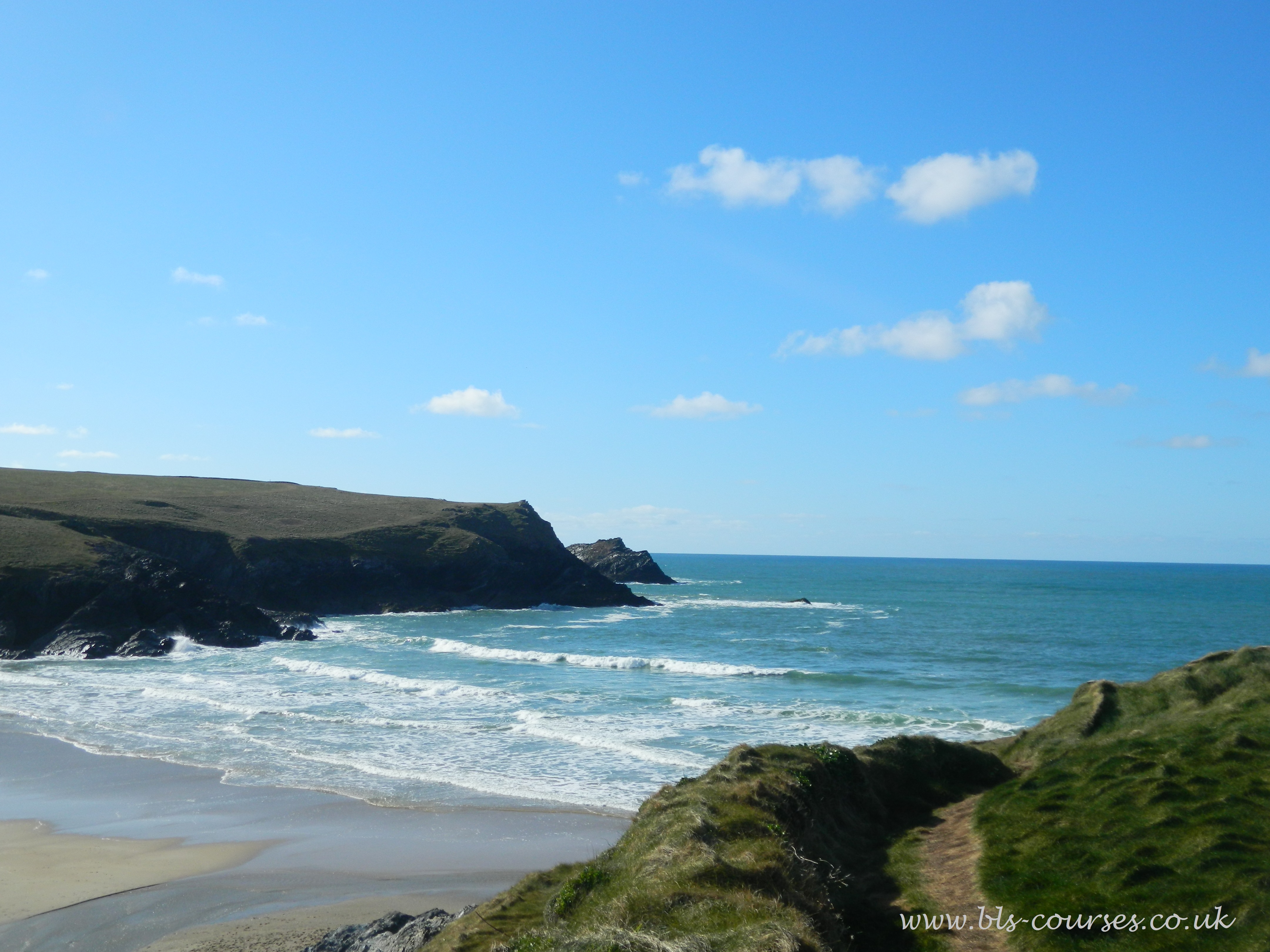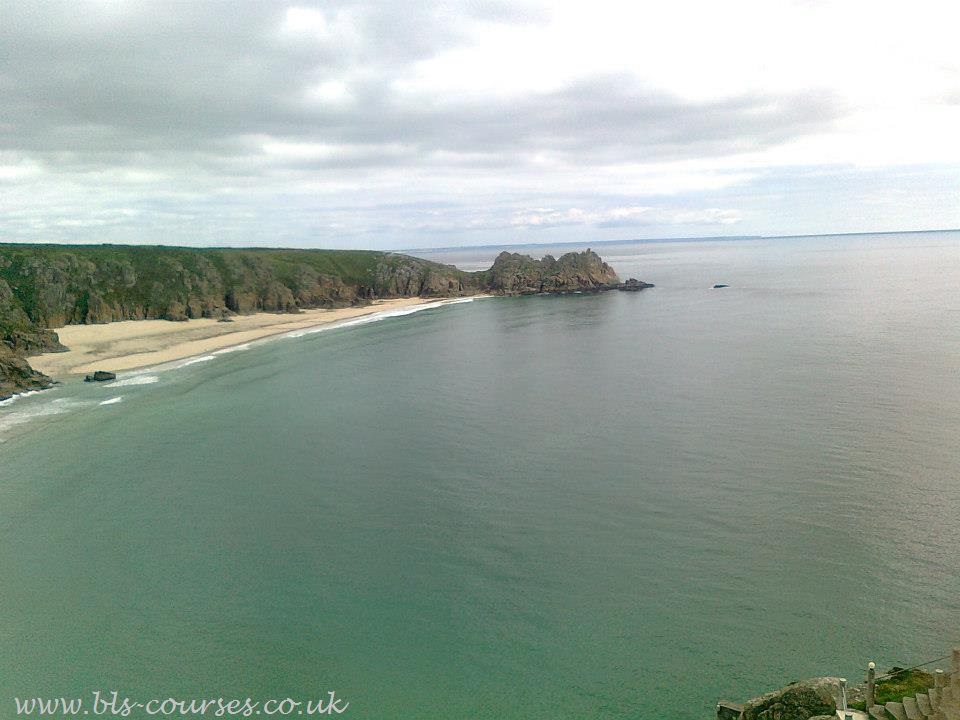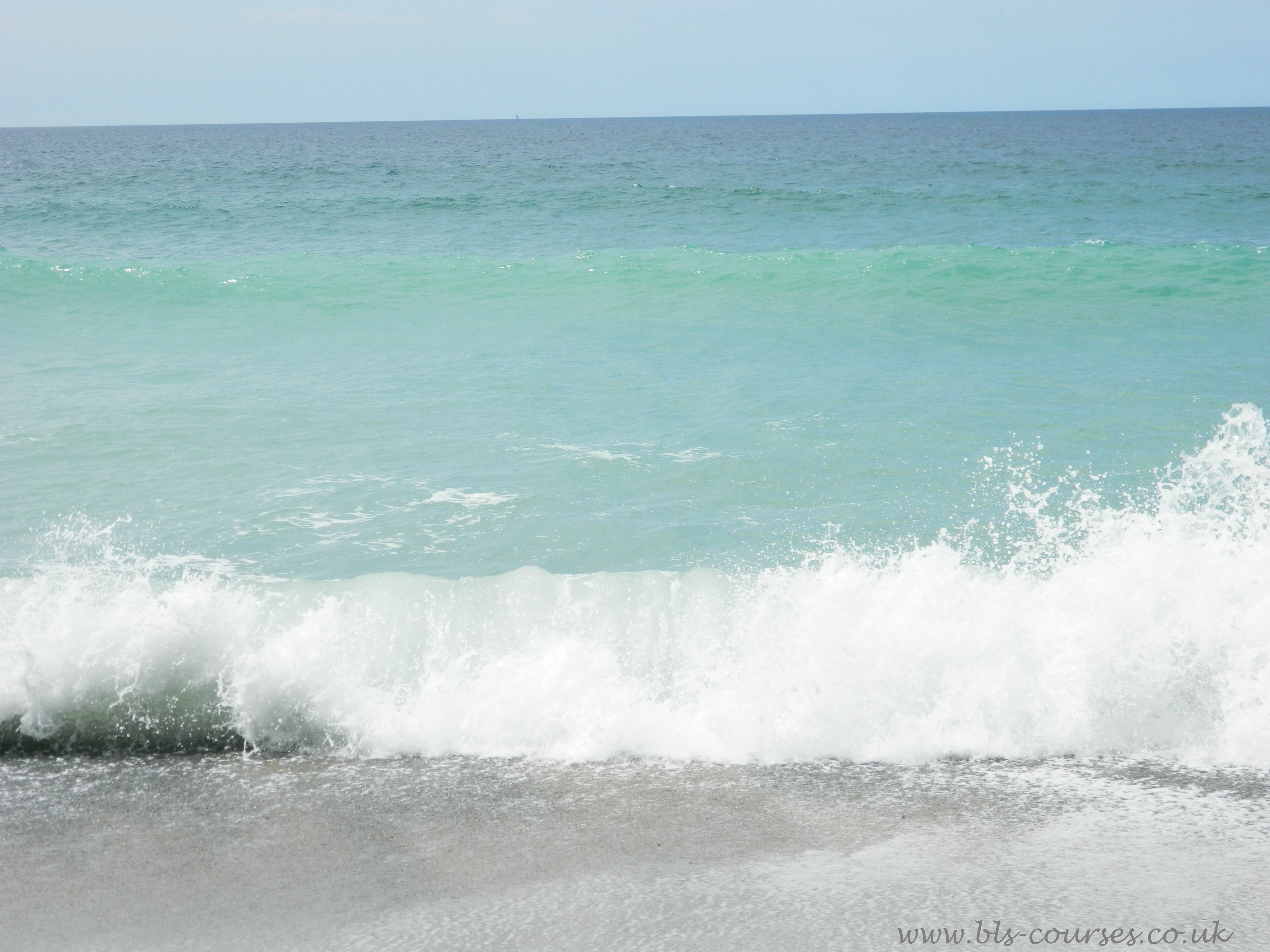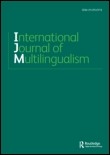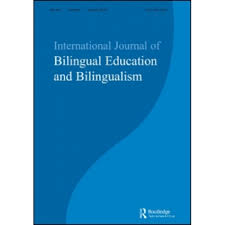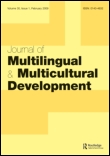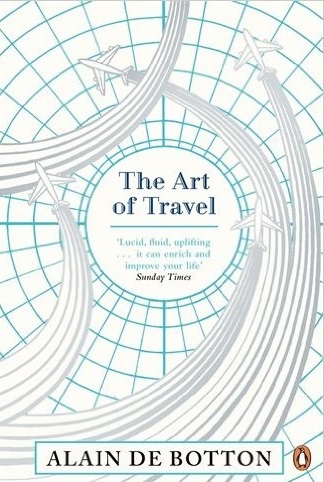1. We are very impressed by your motivation to prove that a nomadic lifestyle and having children don’t have to be mutually exclusive. What advice would you give to new parents who don’t want to give up on travelling?
Just don’t 😉 Just think about anything you would like to do with your life – without the stereotype “if I have kids I can’t…”. Think whether you really can’t. Having kids is a very good excuse for not doing things: going out, developing, taking care of yourself. In our couple we believe that your kids will be happy – if you are happy. Not when you sacrifice yourself to do this or not to do that. With us, it just so happened that what makes us happy – is travelling. So we wanted to check whether our kids liked it too. We took into account that they might not and we had in mind that we would come back home if they were unhappy. But what does a little kid need? To sleep, to eat and to have happy parents!
2. You’re a journalist, your husband works as a photographer. Are your travels professionally motivated or are they just for leisure?
It started with pure family holiday happiness. The time together. Both my pregnancies were risky, both girls were born much too early and with both of them we spent long weeks in the hospital, at the beginning of their lives. Travelling was this “finally, our time together”, non-stop together, kids with mama and papa 24/7. But I am a journalist and my husband loves taking pictures – I was taking notes and he was taking pictures. In the beginning, our blog was just for the grandparents, but then it started to grow, got more popular, we started to have opportunities to publish some of the stories in travel magazines – and this just motivated us to collect notes and pictures in a more professional way.
3. Does travelling with children enhance your travelling experience? Do your daughters offer a different perspective of the places you visit?
Absolutely! Travelling is slower (because based on smaller feet or with little breaks here and there) but also more detailed. They also ask a lot of questions – which motivates me to find the answers. And they help us to get in touch with people immediately. Starting from talking about their names, age and amount of teeth, very quickly we can move on to serious, and also journalistic, topics.
4. Have you had to adapt your travels since the girls were born (for example in terms of safety)? Are there any places you chose not to visit because of this?
Actually, we only started seriously travelling with them. Before they were born, each of us, travelled a bit, separately but it was not far and not for long. What is worse about travelling with kids than without them? What can’t you do (if you would like to)? We do not party too much in the evenings (because we can’t leave them in the car, tent or hostel room alone), like we could at home, having their grandmother or our friends to help with it. And we don’t visit war zones or casinos. All the other things we do: travelling through mountains, visiting refugee camps, hitch-hiking on the yacht. We do believe that for kids everything can be interesting (not only so-called “family friendly” places). Even if it’s only interesting for the parents, they can talk to them about it.
5. In terms of language, how do you find bringing up your girls in a trilingual environment? Do you use any particular strategies? What are the main challenges?
We are a Polish-German couple and it was clear to us from the beginning that I was going to speak Polish with my kids and Tom, German. I can’t imagine not speaking my own language to them, the one I love and feel the best in. It would be artificial somehow. And because Tom and I speak English to each other, they also have passive knowledge of English. That’s what we thought, but during our visit to New Zealand, they also started to speak English. For them, the concept of languages is normal and clear: people in the world speak different languages. It is also easy in Berlin: in our kindergarten most of the kids are bi- or trilingual.
From our perspective: it was very important to make a separation: one person-one language. Tom can also speak Polish for example, but if he sometimes spoke Polish to the girls, they would code it as German. For them: everything that papa says to them – is one language.
6. In your opinion, how does a multicultural childhood affect a child’s development?
I don’t know how it is with other kids, because I was never a mother of non-multicultural kids 😉 I can also look around and compare: they don’t have this “the Other” attitude. They know (because of their languages and because of travelling) that people can be very different and have different behaviours. That very poor people, who speak some strange Mayan language in Guatemala, might give them the best chocolate ever or that black kids in Vanuatu might be better at hide-and-seek. And that it all doesn’t matter and in most cases you do not need a language or even deep knowledge of some culture – you can just stay open, smiling and respectful – and you will be happy everywhere. My girls know that a “stranger” is in the first place a potential friend, not a danger.
Brilliant, thank you, we will follow your travelling projects eagerly.
Interviewed by Bristol Language School
Photo courtesy of The Family Without Borders
To follow The Family’s travels and life visit their website and FB page.
If you would like to purchase a copy of “Rodzina bez granic”, you can do so here (from mid-May 2016).
